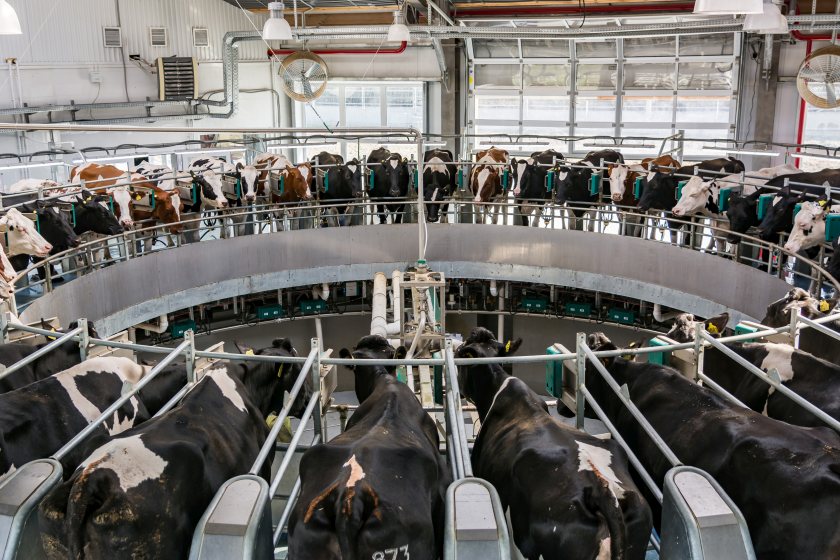
Fresh doubts have been raised over whether the UK’s new dairy regulations are truly protecting producers, as farmers face sharp price cuts just months after the Fair Dealings Obligations (Milk) Regulations 2024 came into force.
The Farmers’ Union of Wales (FUW) has warned that the legislation—introduced to ensure fairness and transparency in the dairy supply chain—may not be delivering on its promises.
Several milk processors across the country have recently announced reductions of up to six pence per litre, with some cuts applied retrospectively.
The FUW’s intervention coincides with the Welsh Dairy Show at Carmarthen Showground, where frustrations among producers are running high. The union argues that the recent actions by processors may not align with either “the letter or the spirit” of the new rules.
Carmarthenshire dairy farmer and FUW Life Member Brian Walters described the situation as “the first real test” of the regulations, which followed extensive consultation between government and industry.
He said the measures had been welcomed as a step towards “greater fairness and transparency,” but the current wave of price cuts “appears to contradict both the spirit and intent of those rules.”
Mr Walters added that the sudden reductions, often made with little notice, had exposed “serious shortcomings in communication between processors and producers on price trends,” at a time when the sector’s viability was already under strain.
He suggested some processors might be “taking full advantage of recent market movements,” benefiting from lower milk prices while “leaving farmers to bear the brunt of the impact.”
Under the Fair Dealings Obligations (Milk) Regulations 2024, processors are required to follow strict rules on contract terms, notice periods and pricing mechanisms.
Breaches can be reported to the Agricultural Supply Chain Adjudicator (ASCA), which has the authority to fine companies up to one per cent of their turnover.
However, the FUW warns that recent price decisions—particularly those applied retrospectively—could test the limits of the new framework and expose weaknesses in enforcement.
The union is urging government and regulators to ensure that the legislation is properly upheld and that farmers are fully informed about their rights and complaint routes.
FUW policy officer Elin Jenkins acknowledged that market conditions remain challenging but stressed that the regulations were specifically designed to protect producers from unfair practices.
“Although market intelligence had indicated potential price pressures,” she said, “the abrupt reductions have nonetheless come as a shock.” Ms Jenkins added that greater transparency and open communication from processors “could have enabled suppliers to plan ahead and mitigate the impact.”
With tensions rising in the sector, the FUW has called for urgent clarity from both the Welsh Government and the ASCA on how the new rules will be enforced.
The union is expected to raise the matter directly with ministers in the coming weeks as the industry seeks reassurance that fairness in the dairy chain is more than just a promise on paper.
